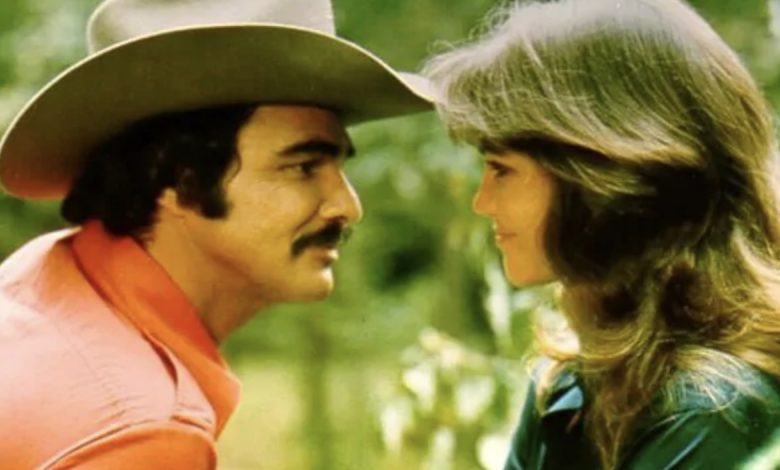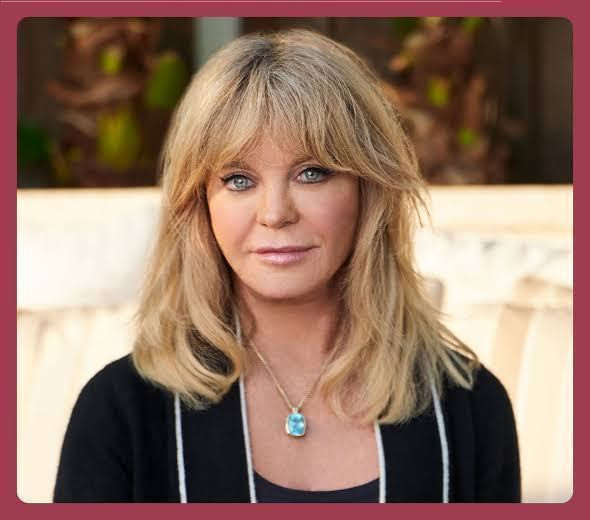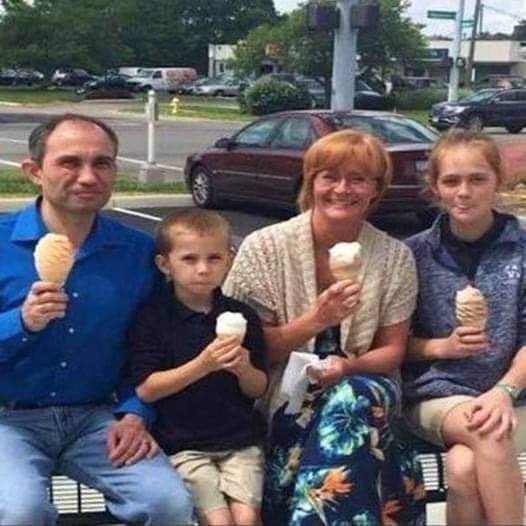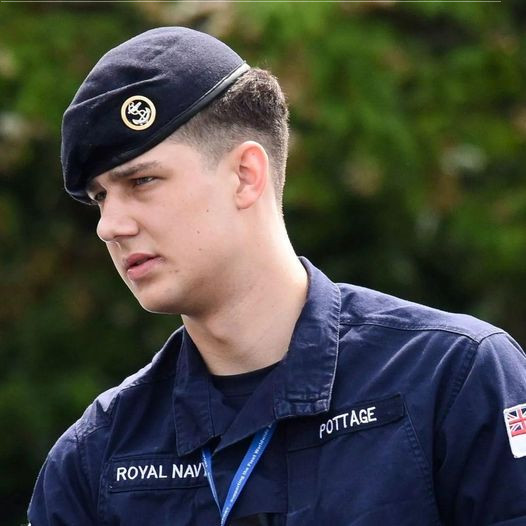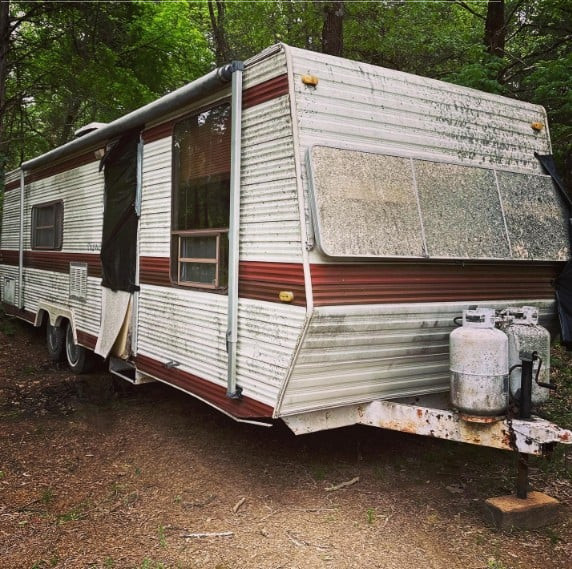HER FINAL WISH MADE ME QUESTION EVERYTHING I THOUGHT I KNEW ABOUT HER
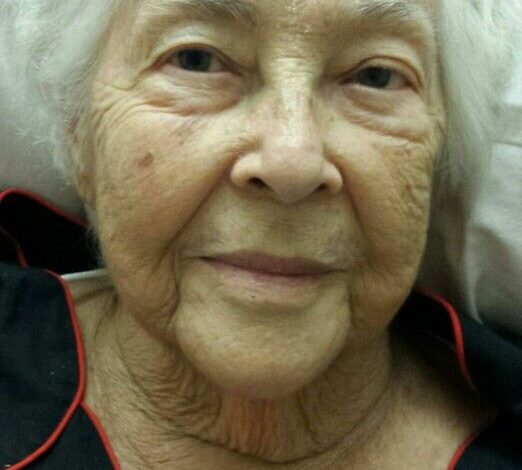
I started volunteering at the nursing home last fall, mostly because I needed the community service hours for school. I didn’t expect to actually like anyone there. But then I met Miss Geraldine.
She was always dressed up, like every day was Sunday service. Lace collars, pearl earrings, hair pinned tight. She didn’t talk much, and none of her family ever came to visit. The staff told me her husband died in ’93, and her son “moved away”—whatever that meant.
At first, she wouldn’t even look at me when I brought her lunch tray. But I noticed she liked her ginger ale with extra ice, and I’d tuck a butterscotch candy in her napkin some days. Eventually, she started asking me questions. My name. My plans after high school. If my mama raised me right.
Then one Tuesday, she waved me over while I was helping with bingo. Said she had a favor to ask me. “A small one, before I go,” she whispered.
I thought she was about to ask me to sneak her a milkshake or something.
Nope.
She slid this little folded paper into my hand, real careful. Her fingers were shaking, but her eyes locked onto mine like she was daring me to say no.
“Go to that address after your shift,” she said. “Look under the porch. You’ll find a tin box. Don’t open it there.”
That was it. No explanation. Then she went right back to dabbing at her lipstick like we hadn’t just had a spy movie moment.
I stood in the parking lot after my shift, staring at the crumpled paper. The address was two towns over. I should’ve just gone home.
But something about her voice stuck with me. Something in her eyes said, “This is important.”
I drove out to the address with my beat-up old truck that my cousin sold to me cheap. The radio was staticky, and my nerves were all over the place. The address led me down a dusty road lined with tall oak trees. At the end was a small, white bungalow with a sagging porch. The paint was peeling, but flowers still bloomed around the steps, like someone had cared for them not too long ago.
I hopped out, feeling silly for a second—like maybe Miss Geraldine was playing some kind of prank on me. But then I thought about the way her fingers shook when she handed me that paper, and I decided to see it through.
Under the porch, there was a gap in the lattice. I reached in, brushing aside some cobwebs, and my fingers touched cool metal. The tin box. It was the size of a lunch pail and rusty around the edges. I pulled it out as carefully as I could, feeling my heart pound in my chest. Part of me wanted to open it right then and there, but I remembered her words: “Don’t open it there.”
I looked around the yard, half-expecting a neighbor to stare at me or a stray cat to bolt out from under the porch, but everything was still. I slipped the box into my backpack and hurried back to my truck.
All the way home, I kept glancing over at the passenger seat, where my backpack lay like a co-conspirator. My folks were both at work, so I had the house to myself. I grabbed a soda from the fridge and sat on my bed, the tin box in front of me.
It felt heavier now, like it was weighed down by secrets. My fingers pried at the lid until it popped open. Inside was a stack of old letters, tied neatly with a ribbon. They looked fragile, like one hard tug would tear the paper in half. On top of the letters was a photograph in black and white: a younger Miss Geraldine, smiling, her hair styled in perfect victory rolls. Standing next to her was a little boy, maybe seven or eight years old, wearing a striped T-shirt and a wide grin.
I set the photo aside gently and lifted the letters out. Each was addressed to someone named Claudia. The return address was from a prison in another state. My heart thumped. I didn’t recognize the sender’s name, but I noticed the first letter was dated 1975.
I opened it carefully. The writing was shaky in places, but I could read enough to sense the regret, the apologies, the hope for forgiveness. The writer asked Claudia to please, please come visit. Then it mentioned a child—“our boy,” the letter said.
After reading the first letter, I realized Miss Geraldine had a daughter named Claudia, a daughter she never once mentioned to me or any of the staff. The writer talked about how he’d messed up and wanted to make things right. The letter ended with, “Tell Geraldine I’m sorry.”
I set it down, feeling like an intruder. Why would Miss Geraldine make me read this? What did she want me to do?
The next day, I could barely concentrate at school. During my lunch break, I stepped outside to call the nursing home. I asked if I could visit Miss Geraldine that afternoon, and the receptionist said, “Of course.”
When I got there, Miss Geraldine was sitting in the lounge, her hands in her lap. She looked so frail, so small. I pulled a chair up next to hers and whispered, “I found it.”
She nodded slowly, but she didn’t meet my eyes. “I figured you would.”
I told her I read the letters, at least the first one. She closed her eyes for a moment, and a single tear slid down her cheek. I was shocked because I’d never seen her cry.
“Why did you want me to find them?” I asked softly.
Her voice trembled when she spoke. “I can’t leave this earth with so many things hidden. My daughter, Claudia, she ran off young. My son, Harris…he moved away because he blamed me for everything that happened. He won’t answer my calls.”
Her breathing got heavy, and I noticed a nurse passing by, watching us closely. I reached for Miss Geraldine’s hand, trying to steady her. “What can I do?” I asked.
“I need you to find my daughter,” she said. “Tell her I’m not angry anymore. Tell her I—” Her words choked up, and she shook her head, struggling. “I just want her to know the truth. That I tried. I tried so hard.”
I realized Miss Geraldine was carrying the weight of an entire family story—one that was complicated and painful. In all those letters, there was shame, regret, love, and disappointment tangled up like a knot.
I spent the next week and a half digging around for clues. Miss Geraldine didn’t have many personal belongings at the nursing home. I visited the white bungalow again, looking for more information, but the house was empty, locked up tight. The neighbors didn’t know much, just that the family had moved out decades ago.
Finally, one of the nurses at the home mentioned that Miss Geraldine used to get a Christmas card from someone in Kansas City, but she hadn’t received one in years. I looked up the name in a phone directory at the library (yes, an actual phone book, stacked in the dusty reference section). The only lead I got was a P.O. Box number.
On a whim, I wrote a letter:
“To Whom It May Concern,
My name is Paisley. I volunteer at a nursing home where a resident, Miss Geraldine, is trying to find her daughter, Claudia. If you have any information, please reach out…”
I sent it off, more than half convinced I’d never get a reply.
Weeks passed. I kept visiting Miss Geraldine, bringing her ginger ale and butterscotch. She grew weaker, but every time I walked in, she’d look up and raise her eyebrows like she was waiting for news. She never asked me out loud, but I knew what she wanted me to say: “I found Claudia.”
Then one Wednesday, a small note arrived in my mailbox. No return address. It said:
“Claudia here. You wrote about my mother. She told me she never wanted to see me again. Why is she looking for me now?”
My heart hammered. I wrote back immediately, explaining everything I knew from the letters and from Miss Geraldine herself. I told her how time had changed Miss Geraldine’s heart. I told her how she regretted her mistakes, about the box, about the final wish. I signed it with my number, hoping she might call.
Claudia showed up in person two weeks later. I was in the middle of feeding Miss Geraldine her lunch when the nurse poked her head in. “You have a visitor,” she said, glancing at Miss Geraldine with a strange, hopeful expression.
I turned, and in walked a tall woman in her early sixties, wearing a plain denim jacket. Her eyes were the same shape as Miss Geraldine’s, though filled with a mix of anger and longing. At first, the two of them just stared at each other, decades of questions and hurts swirling in the silence.
Finally, Miss Geraldine whispered, “You came.”
Claudia swallowed hard. “I did.”
I stepped aside, giving them space. It wasn’t a smooth reunion. They spoke in hushed tones, voices trembling. There were some tears, some raised voices, and eventually, a quiet acceptance that spanned all those lost years.
I’ll never forget the way Miss Geraldine squeezed Claudia’s hand at the end of that first conversation. It was as if she was holding on to the last piece of hope she had.
Over the next few days, Claudia visited every afternoon. She brought old photos, small tokens of their past. She sat by Miss Geraldine, flipping through memories both sad and beautiful. Little by little, they stitched together moments that had been torn apart by time and misunderstandings.
One evening, Miss Geraldine asked Claudia to read one of the prison letters out loud. It was addressed to Claudia from a man she called “Uncle Leroy,” who’d taken a wrong turn in life. He’d asked Miss Geraldine to keep secrets—secrets that ended up pushing Claudia away when she was younger.
When Claudia finished reading, tears glistened in both of their eyes. Miss Geraldine turned to me and said in a shaky voice, “Thank you for not ignoring an old woman’s final wish.”
I felt my throat tighten. I realized this was what she’d wanted all along: a chance to mend old wounds before it was too late.
A few nights later, Miss Geraldine passed peacefully in her sleep. I came in the next morning and found her room quiet, the bed made. A nurse told me the news with a soft hand on my shoulder. My eyes burned with tears I didn’t know I had in me.
The funeral was small, just a handful of people from the nursing home and Claudia. I was surprised to see another face among the mourners: a man who looked about 50, standing off to the side. After the service, he introduced himself as Harris—Miss Geraldine’s son who had “moved away.”
Harris told me that Claudia had called him, saying their mother’s final wish was to see them together again. Though she hadn’t been able to reconnect with him before she passed, her desire had moved him enough to come and pay his respects. Claudia and Harris exchanged a cautious hug. That moment felt like the final piece of Miss Geraldine’s puzzle clicking into place—she hadn’t gotten to see it with her own eyes, but I believe somehow she knew it would happen.
Standing in that cemetery, I realized how a single act of kindness—listening to someone’s request, following a hunch, taking a risk—could change so many lives. Miss Geraldine may not have lived to see her family fully reunited, but she left behind a seed of healing. And sometimes, that’s all we need to start fixing what’s broken.
Her story taught me that we never truly know the burdens people carry, or the regrets that haunt them. By being brave enough to open that tin box and read those letters, I learned that even the smallest effort can bring about the biggest change.
In the end, Miss Geraldine’s final wish wasn’t just about finding that old tin box or delivering some letters. It was about love, forgiveness, and the courage to face our mistakes so that others can learn from them.
Don’t wait until it’s almost too late to make things right. Sometimes, the moments we think are lost forever can still be found if we reach out with an open heart.
Thank you for reading this story. If it moved you or reminded you of someone you love, please share it with others and tap that like button so more people can find it. You never know whose life you might touch by passing this message along.

